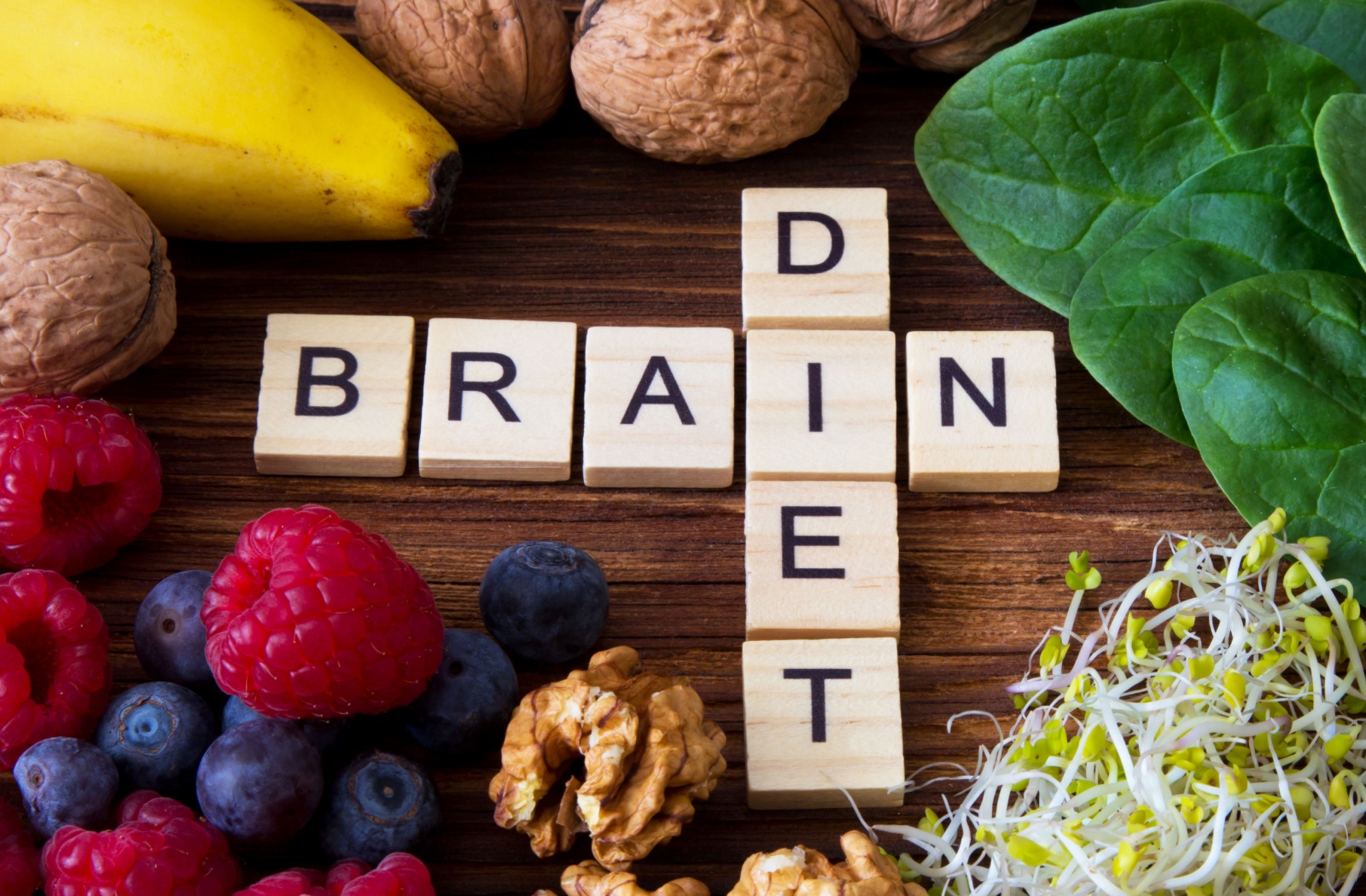Maintaining cognitive sharpness becomes increasingly vital as we age. While genetics plays a role, nutrition offers a powerful tool for supporting brain health and potentially slowing cognitive decline in seniors. The foods we eat have a direct impact on memory, focus, and overall mental clarity.
Research consistently shows that proper nutrition can help preserve cognitive function and reduce the risk of dementia and Alzheimer’s disease. For seniors and their families, understanding this connection opens doors to proactive approaches for maintaining mental acuity well into the golden years. By making strategic nutrition choices, seniors can support brain health, reduce inflammation, and protect the neural pathways essential for memory and cognitive function.
Key Takeaways
- A balanced diet can help reduce the risk of conditions like dementia and Alzheimer’s disease.
- Strategic food choices can protect neural pathways, reduce inflammation, and maintain mental clarity.
- Understanding the connection between diet and cognitive health empowers seniors and their families to take proactive steps toward long-term mental well-being.
How Are the Brain and Nutrition Connected?
Our brains are remarkably energy-hungry organs, consuming approximately 20% of our daily calories, despite representing only 2% of our body weight. This high energy demand means the brain is susceptible to nutritional deficiencies and blood sugar fluctuations.
As we age, our bodies become less efficient at absorbing specific nutrients. Simultaneously, medication interactions and changes in appetite can further complicate nutritional intake. These factors create a perfect storm that can accelerate cognitive decline if left unaddressed.
The good news? Strategic nutrition choices can help counteract these challenges. Specific nutrients act as powerful protectors for brain cells, reducing inflammation and supporting the neural pathways essential for memory and cognitive function.
What Are Essential Brain-Boosting Nutrients?
Fueling your brain with the proper nutrients is one of the most effective ways to promote cognitive health. By incorporating key vitamins, minerals, and healthy fats into your diet, you can support sharper thinking and better overall mental wellness.
Omega-3 Fatty Acids
These healthy fats are fundamental building blocks for brain cell membranes. Studies have shown that seniors with higher omega-3 levels exhibit better memory performance and slower rates of brain shrinkage. Fatty fish, such as salmon, sardines, and mackerel, provide the most bioavailable forms.
Antioxidants
Vitamins C and E, along with compounds found in colorful fruits and vegetables, combat oxidative stress that damages brain cells. Blueberries, in particular, have demonstrated remarkable benefits in enhancing memory and cognitive function in older adults.
B Vitamins
Especially B6, B12, and folate work together to reduce homocysteine levels—an amino acid linked to cognitive decline when elevated. These vitamins support the production of neurotransmitters essential for maintaining a healthy mood and clear thinking.
Vitamin D
Often referred to as the “sunshine vitamin,” vitamin D deficiency is common among seniors and is linked to an increased risk of dementia. This nutrient supports brain cell growth and helps regulate mood.
Which Foods Should You Limit for Optimal Brain Health?
Certain foods can accelerate cognitive decline and should be minimized in a brain-healthy diet:
- Processed and sugary foods can cause rapid blood sugar spikes and crashes, which impair concentration and memory. These foods also promote inflammation throughout the body, including the brain.
- Excessive saturated fats found in fried foods and processed meats can clog arteries, reducing blood flow to the brain. Poor circulation limits the oxygen and nutrients brain cells need to function optimally.
- High-sodium foods can increase blood pressure, which, over time, can damage the delicate blood vessels in the brain. This vascular damage is a significant risk factor for cognitive decline and stroke.
By making mindful choices to reduce these harmful foods, you can protect your brain health and support cognitive function. Prioritizing a balanced diet rich in nutrients paves the way for a healthier mind and body.
What Are Some Practical Tips for Brain-Healthy Eating?

Start small with achievable changes. Replace one processed snack daily with a handful of nuts or berries. These simple swaps provide immediate brain benefits without overwhelming dietary overhauls.
- Stay hydrated—even mild dehydration can impair cognitive function. Aim for 6–8 glasses of water per day, adjusting for your activity level and climate.
- Eat regular meals to maintain steady blood sugar levels. Skipping meals can force the brain to work harder and worsen memory problems.
- Include protein at each meal to support the production of neurotransmitters. Eggs, lean meats, beans, and yogurt are excellent choices that also provide sustained energy.
By making these minor, mindful adjustments to your daily routine, you can nourish both your body and mind, fostering better cognitive health. Remember, even simple changes can have a meaningful impact over time.
How Do Senior Living Communities Support Nutritious Eating?
Nutrition plays a vital role in supporting cognitive health, especially for seniors. At Kingston Residence of Santa Fe, residents enjoy meals designed to nourish both body and mind.
- Brain-Healthy Meals: Seasonal menus feature omega-3-rich fish, antioxidant-rich vegetables, and whole grains to support cognitive function.
- Expert Collaboration: Professional chefs and nutritionists work together to craft meals that are both nutritious and flavorful.
- Social Engagement: Communal dining fosters connection, an essential factor in maintaining mental well-being.
- Convenience and Care: Residents don’t have to worry about meal planning, grocery shopping, or cleanup. They can enjoy consistent access to healthy foods.
At Kingston HealthCare, we eliminate barriers to proper nutrition, making it easy for residents to enjoy a brain-healthy lifestyle every day.
Taking a Step Toward Better Brain Health
Nutrition is one of the most controllable factors in maintaining cognitive health as we age. While genetics are beyond our control, we can actively choose foods that nourish our brains and support mental clarity.
The journey toward better brain health doesn’t demand perfection. Small, consistent changes can yield significant results over time. Whether you’re supporting an aging parent or planning for your own future, prioritizing nutrition today can have a profound impact on cognitive function tomorrow.
At Kingston Residence of Santa Fe, we support your nutritional goals by providing meticulously planned meals, alongside social connections and peace of mind, all of which contribute to overall well-being. Contact us today to schedule a tour and get a sneak peek at our menus in person.






